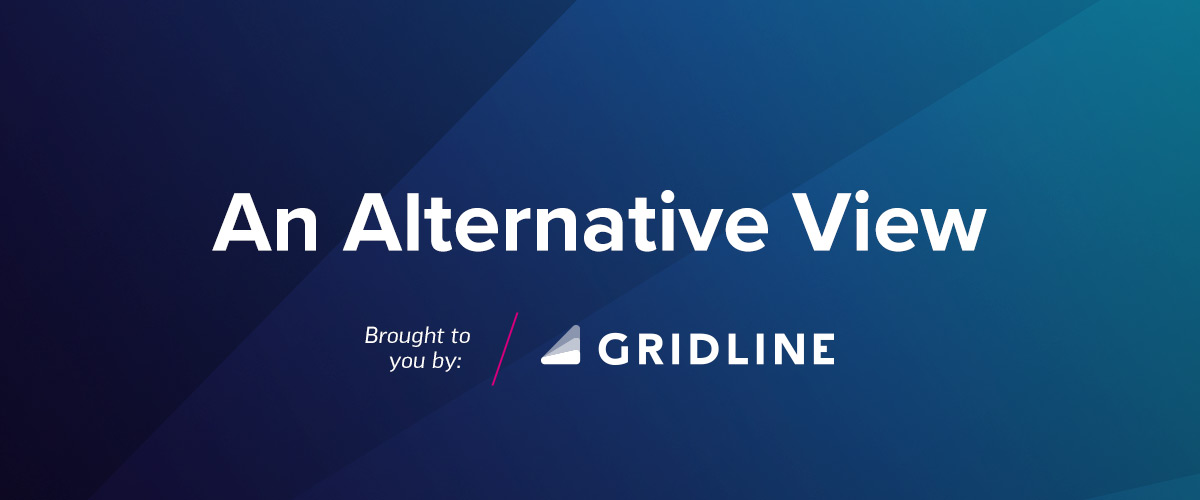This week Blackstone released its latest quarterly earnings report with a notable stat – They became the first private equity manager to hit $1 trillion in assets. While Blackstone has moved beyond private equity to include real estate (now its largest division and the nation’s biggest landlord), hedge funds, credit and infrastructure investing, and more, it is a watershed moment.
Public equities, bonds, and cash are considered the three main asset classes, with everything else being considered an “alternative” asset class. While there are some unique characteristics that define alternatives, such as structure, liquidity, and risk, the size of the market relative to the traditional core asset classes is a factor.
The global public equity and bond markets are north of $100 trillion, while there are roughly $13 trillion in alternatives. Investors’ appetite for alternatives only continues to increase, with Preqin forecasting assets reaching $23 trillion by 2026. The uncorrelated return profiles and active risk management offered by alternative fund managers in down markets are a valued commodity, and Blackstone achieving $1 trillion in assets proves the thesis.
Alternative assets have historically been highly concentrated amongst institutional investors, with individuals accounting for just 16% of alternative assets under management globally but controlling roughly 50% of global wealth.
Gridline was started to solve a simple problem – the alternative investment market is broken. Investors want to increase their allocation to alternative assets, and private fund managers are seeking to capture non-institutional capital. The current model is antiquated and must evolve into a robust digital platform that can efficiently handle the large, growing demand for alternative assets.
We are in the early stages of a long-term growth cycle, solving the challenges that have historically throttled the ecosystem by building the digital infrastructure to increase transparency, enhance operational efficiencies, and lower barriers to entry.
-Logan Henderson, Founder and CEO
Worth a Read

Leveraging Information Asymmetry in Private Markets
In private markets, the disparity in information can lead to lucrative investment opportunities for savvy investors. Read more.

